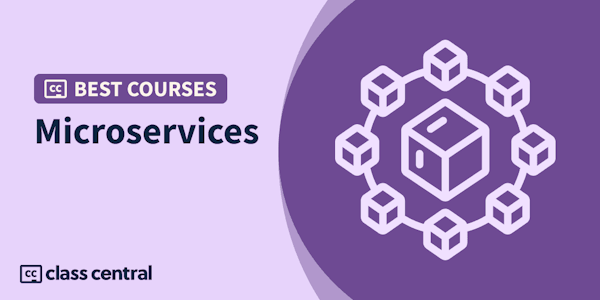Learn the fundamentals of the most popular container orchestrator in the world: Kubernetes. You'll get your hands dirty and deploy Kubernetes applications, pods, services and even ingress. This isn't just a tutorial, you'll set up real systems, but we'll also cover the theory, concepts and use cases of the technology.
Overview
Syllabus
- Install
- This chapter is a guide through the initial setup and installation of Kubernetes tools. Learn to install and configure kubectl and minikube, setting the foundation for your Kubernetes journey.
- Pods
- Explore the fundamental building blocks of Kubernetes: Pods. Understand their lifecycle, how to create and manage them, and their role in a Kubernetes environment.
- Deployments
- Learn about Deployments and how they allow you to manage and update your applications with ease. Learn about infrastructure as code.
- ConfigMaps
- Uncover the power of ConfigMaps in Kubernetes for managing configuration data. Learn to create, deploy, and update ConfigMaps to externalize and manage application configurations.
- Services
- Learn about Kubernetes Services, an essential feature for app communication. Discover different service types, how they route traffic, and their role in microservices architecture.
- Ingress
- Dive into Ingress in Kubernetes, understanding how to expose, manage, and secure HTTP/HTTPS routes to services. Learn about ingress controllers and different ingress types.
- Storage
- Understand Kubernetes' approach to persistent storage. Learn about persistent volumes, claims, and the configuration of storage options for stateful applications.
- Namespaces
- Discover how to organize your Kubernetes clusters using namespaces. Learn to isolate resources, manage permissions, and simplify cluster management.
- Scaling
- Master the art of scaling in Kubernetes, both vertically and horizontally. Understand the metrics, resource limits, and auto-scaling capabilities to ensure optimal performance.
- Nodes
- Get to grips with the role of nodes in Kubernetes. Learn about different node types, resource allocation, and how to manage and maintain node health for a cluster.
Taught by
Lane Wagner, Allan, Matt, Dan, and Hunter


